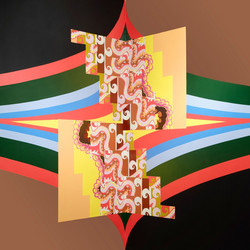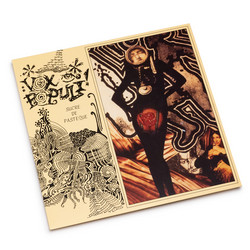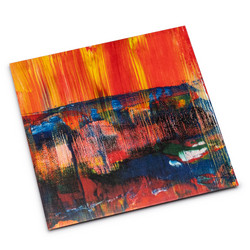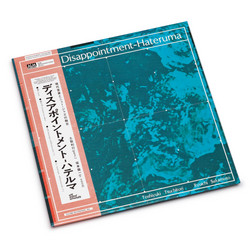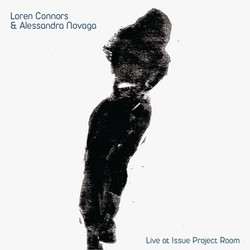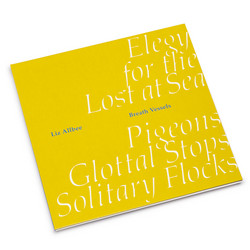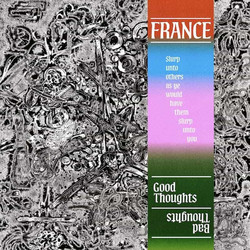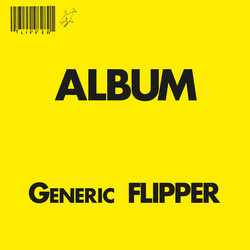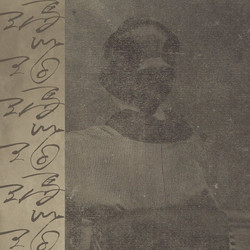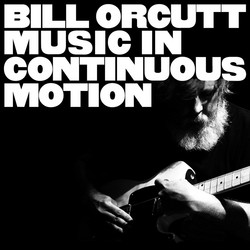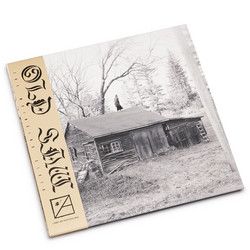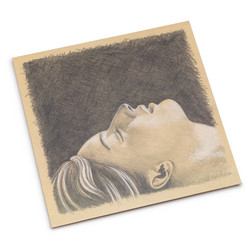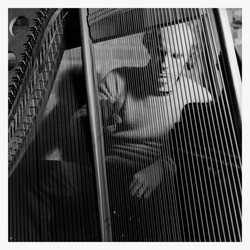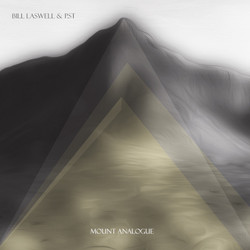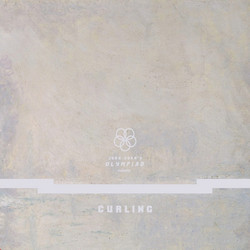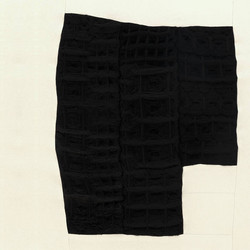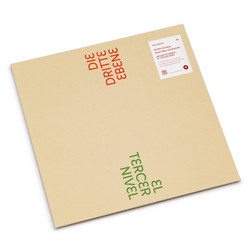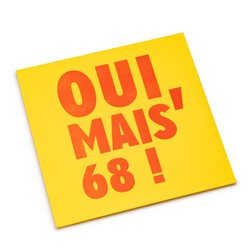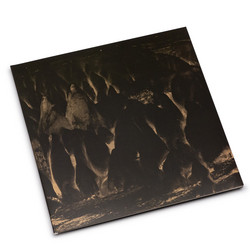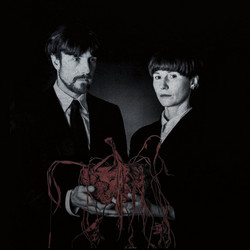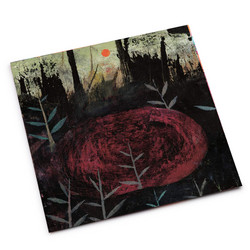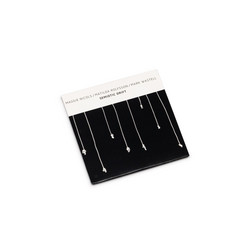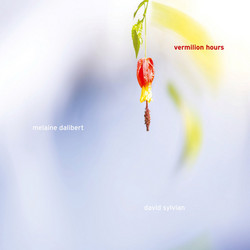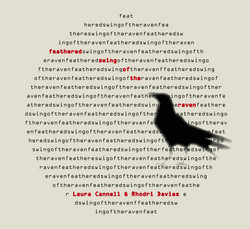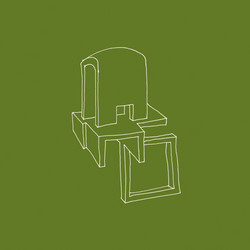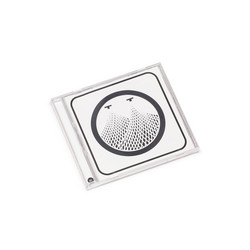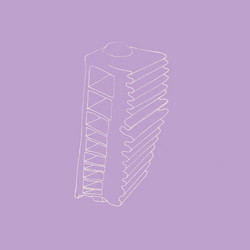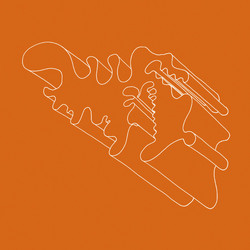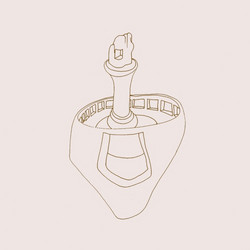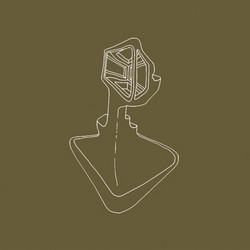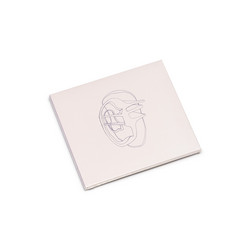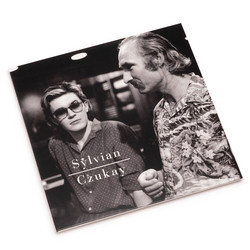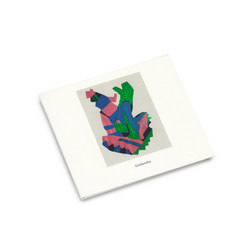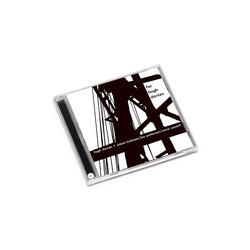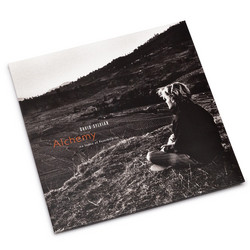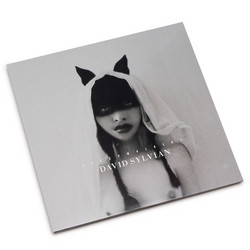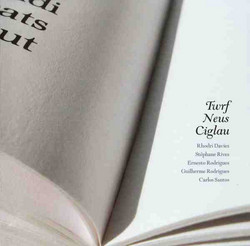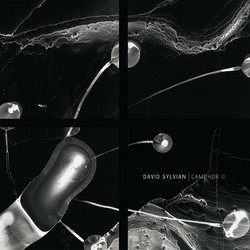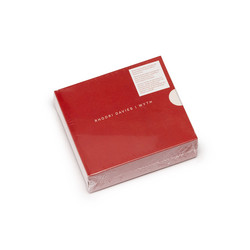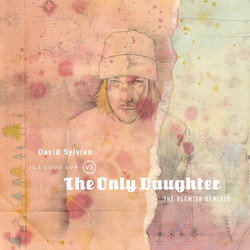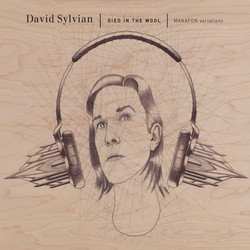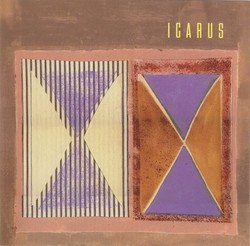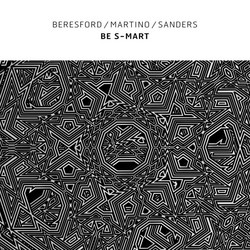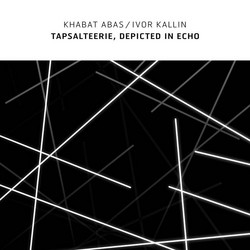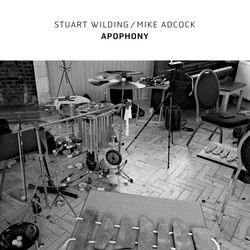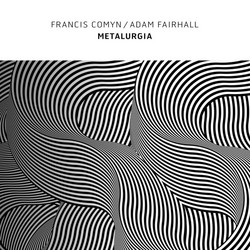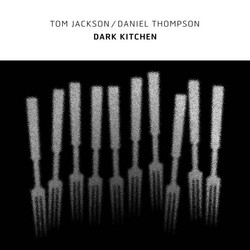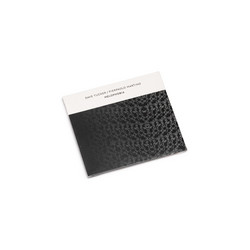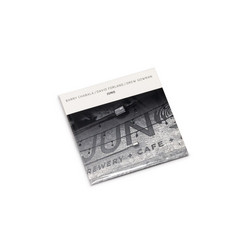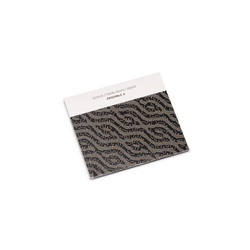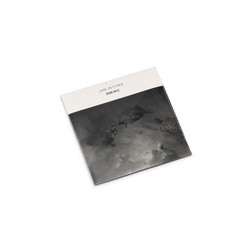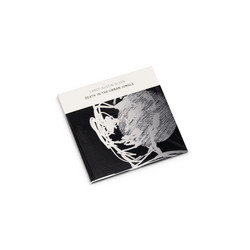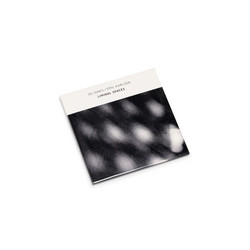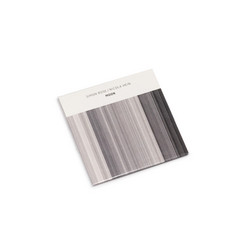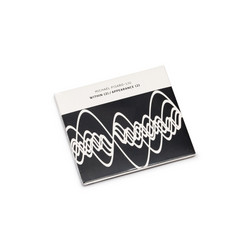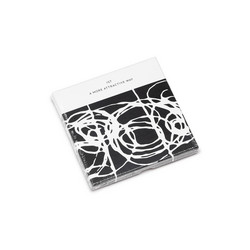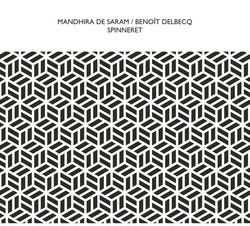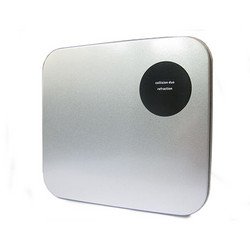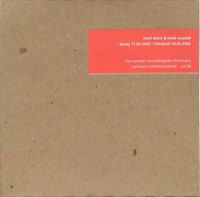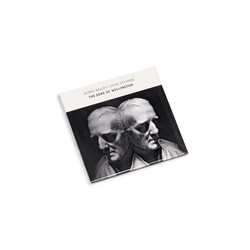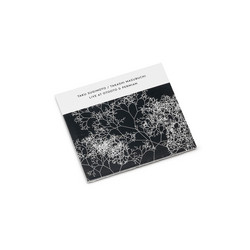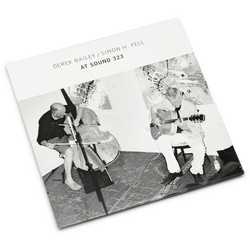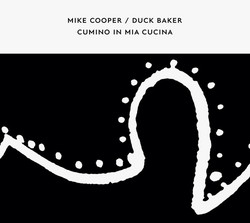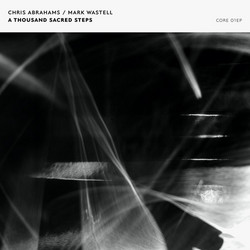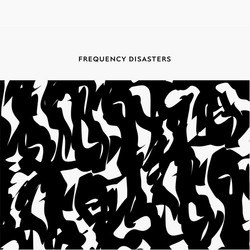David Sylvian, Mark Wastell, Rhodri Davies
There is no Love
Debut release in the new Confront Core Series imprint. Studio recording of the text piece "There is no love" which was premiered at Cafe Oto, London on 31st October 2016 as part of the Confront Recordings Twentieth Anniversary celebrations.
"On October 2016 Rhodri Davies and Mark Wastell premiered There Is No Love at London’s Cafe Oto, playing along a recording of David Sylvian’s reading of segments of Bernard-Marie Koltès’ In The Solitude Of Cotton Fields. This studio version juxtaposes the same components, augmented by contributions by Toshimaru Nakamura’s no-input mixing board.
"The 30-minute piece is likely to cause plenty of contrasting opinions, which seems to be the destiny of every outing featuring Sylvian in the company of members of the EAI / lowercase area. For starters we have the trademark difficulty connected to the acceptation of music merging spoken word and rarefied movement. On average, a listener is inclined to mentally separate the vocalization and the relative verbal contents from the surrounding milieu, perhaps looking for the concealed meanings – if there are any – of the text rather than focusing on the resonant aspects of the unity (where resonance is intended as “something that strikes a chord within”). In this field of artistic expression many people are often ready to glorify absolutely insignificant materials just because they were conceived by a “name” – I have had my fair share of private vilification following a destruction of Robert Ashley’s Concrete way back when – but struggle to annex apparently minor, yet deeper statements to the reign of their suppositional knowledge.
From the very first time this record sucked me in to the point of not wanting to listen to anything else, as if other musics were a polluting threat to the strange interior serenity conveyed by these three gentlemen. Even more peculiarly – given the nonattendance of superficially “comforting” words and ritualistic hypocrisy, and considering the splendidly aging timbre of Sylvian’s voice – this writer instantly thought about Eliane Radigue’s Songs Of Milarepa (which, quite ironically, famously features the aforementioned Ashley’s recitation). The soothing consequence is practically identical in spite of entirely different origins, sonic tensions and creative purposes. There’s no necessity to emphasize how sensibly Davies and Wastell alternate shade and phosphorescence: breaking quietness for mere instants only to drown in their own vibrating essence, they construct the perfect environment for the progressive loss of significance of a logic that ultimately is nothing but a phantom. What remains is a chain of wavering suggestions: exactly what one needs to be delivered from the perennial interference of groundless assumption." Massimo Ricci, Touching Extremes
Rhodri Davies : lap harp, table harp, vibraphone, radio David Sylvian : voice, vocal treatments, electronics Mark Wastell : tam tam, cracked ride cymbal, chimes, indian temple bells, singing bowls, metal chain, tubular bell, concert bass drum
Voice recorded by David Sylvian, Los Angeles, USA, 2014.
Instrumental parts recorded by Rupert Clervaux at Studio 3, London, 18th February 2017.
Additional contribution from Toshimaru Nakamura (no-input mixer) recorded by Steve Bates and David Sylvian, Montreal, Canada, 2012.
Tubular bell and concert bass drum recorded by Matthew Sansom, Surrey University, 2006.
Original text by Bernard Marie Koltès.
Compositional structure by Mark Wastell.
Mixed and mastered by Rupert Clervaux.
